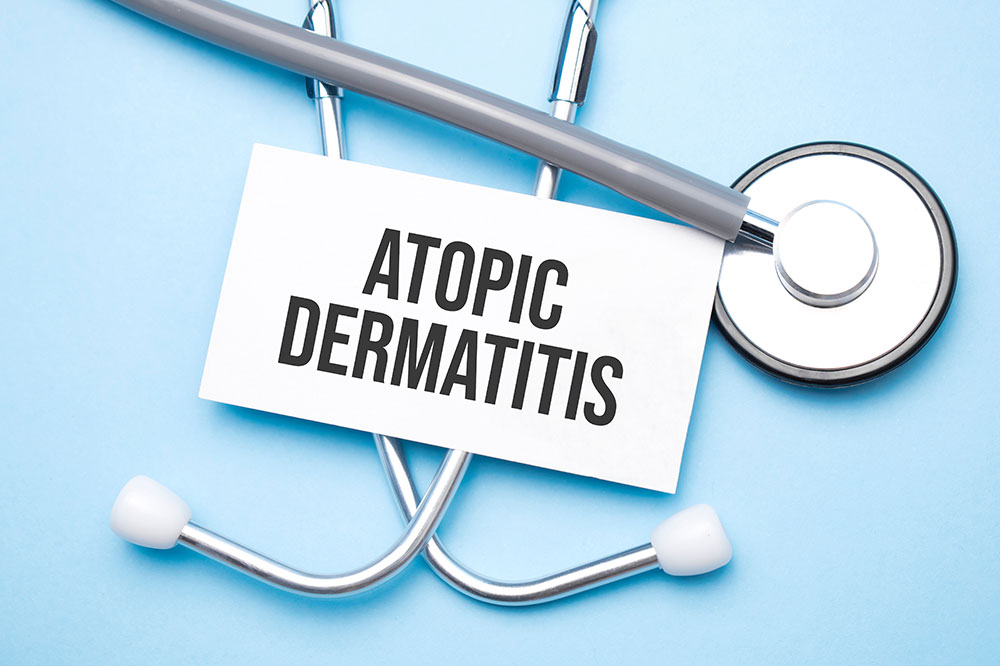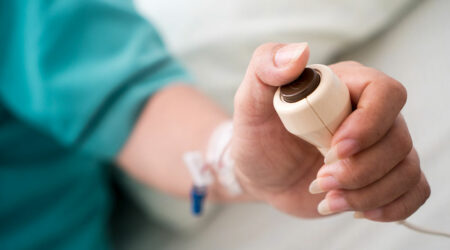
Essential things to know about atopic dermatitis
Atopic dermatitis is a chronic skin condition that leads to excess skin dryness, itchiness, and inflammation. It is a more severe type of eczema. The disease is usually detected in childhood and can prevail into adulthood as well. Although atopic dermatitis cannot be cured, it needs to be managed with proper medications and lifestyle changes. This brief post will discuss the condition’s causes, symptoms, treatment options, and a few other critical aspects.
Causes
Atopic dermatitis is primarily genetic. But when it comes to determining its actual cause, health experts have given different explanations. Some believe that an abnormally high amount of inflammatory cells in the skin can lead to skin inflammation and, thus, atopic dermatitis. Others believe that people with the disease have an abnormal skin barrier. In a healthy body, the skin barrier preserves moisture content in the skin and prevents foreign particles from entering. Due to problems in this function, people with the condition have excessive moisture loss and resultant dryness. This also causes an increased risk of infections.
Symptoms
Rashes and scaly patches on the skin’s surface are the telltale signs of atopic dermatitis. The other symptoms to be aware of are:
- Excessive dryness and skin flaking
- Itchiness
- Redness
- Skin turning leathery and losing elasticity
- Hyperpigmentation in the skin
These symptoms can disappear and reappear several times in a year, depending on external triggers and the foods one consumes.
Diagnosis and treatment options
There are no particular diagnostic tests to identify atopic dermatitis. The condition is diagnosed using a medical examination of the skin, analyzing the patient’s medical history, and performing a skin patch test to eliminate the possibility of other conditions that can cause atopic dermatitis.
The treatment varies depending on the severity of the condition. Here are some common methods:
- Topical creams: Creams available over the counter are primarily moisturizers to bring down the discomforts caused by skin dryness.
- Corticosteroid creams: Corticosteroid creams are prescribed by dermatologists to prevent skin inflammation and itchiness.
- Antibacterial creams and medications: If the skin develops a bacterial infection because of atopic dermatitis, doctors prescribe antibacterial creams and pills to handle the condition.
- Light therapy: This is a newer procedure that treats atopic dermatitis with natural and artificial UV light. However, light therapy is not a long-term solution because of the possible side effects.
Natural remedies
Besides medication, several natural procedures can also help manage the symptoms of the condition. These include:
- Aloe vera gel: Fresh aloe vera gel can soothe inflamed skin and provide relief from itchiness and redness. Patients can apply the gel to the affected parts after bathing.
- Oatmeal: Some people believe that oatmeal has skin-healing antioxidant and anti-inflammatory properties that can effectively treat skin itchiness, redness, and inflammation.
- Coconut oil: Mild forms of eczema can be managed with a liberal application of coconut oil every day before bedtime.
Best foods to have
Anti-inflammatory foods can help bring down skin inflammation and deal with skin problems. Therefore, patients should include foods like turmeric, fatty fish, and olive oil in the diet. Berries like blueberry, blackberry, raspberry, cranberry, and foods containing quercetin (a plant flavonoid) like apples, pears, spinach, and kale are also beneficial. Finally, probiotic-rich options like yogurt, sourdough, and kefir are also a must-have.
Preventive measures
While one cannot control whether or not they develop atopic dermatitis, they can certainly keep the re-flare-ups minimal by identifying the trigger. While specific foods are triggers for some, for others, winters make the problem worse. Some people also develop severe atopic dermatitis when they use chemical-based cosmetics and deodorants.
If a person’s skin dryness and itching prevents them from having a good quality of life, they should consult a doctor to get the right treatment plan for this uncomfortable skin condition .




